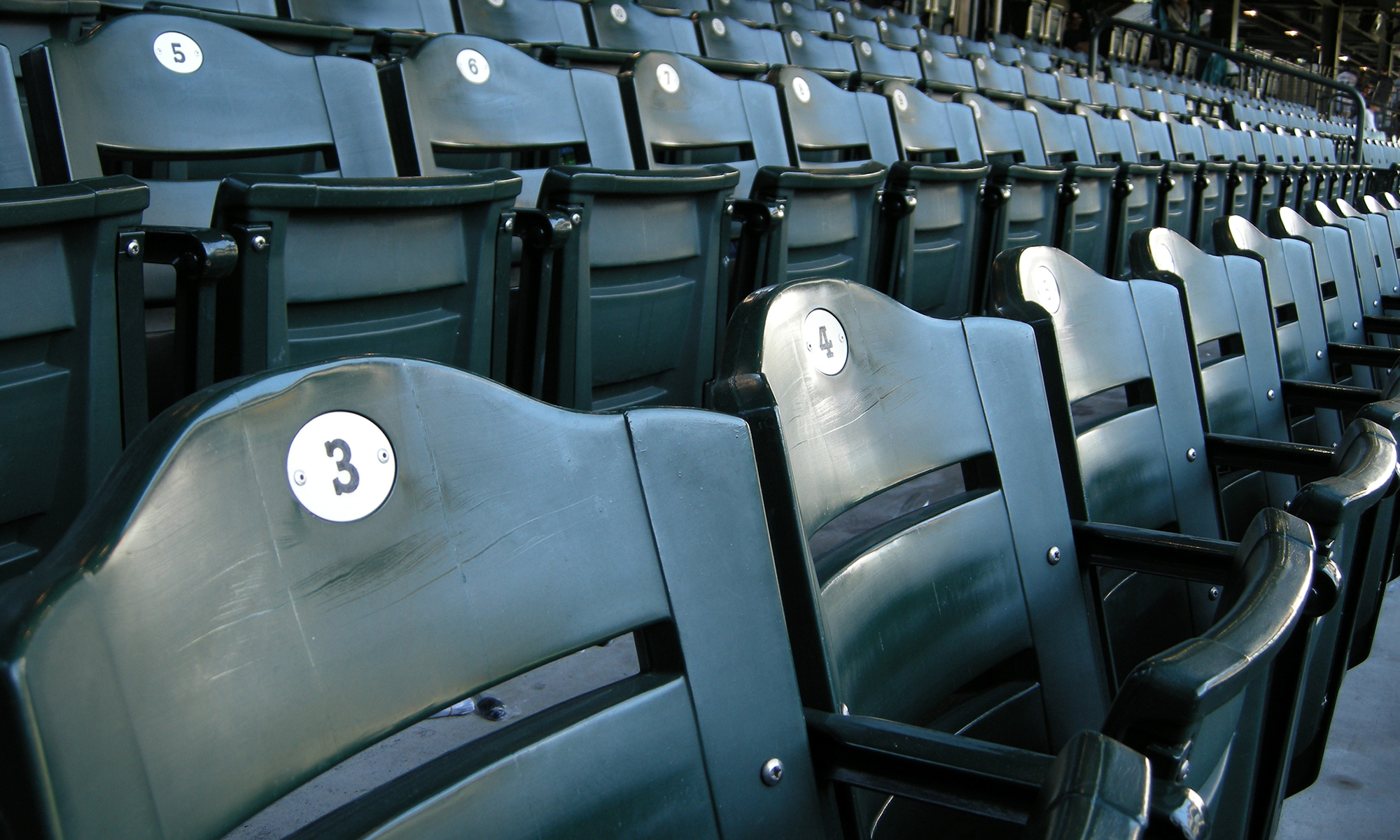As discussed in our prior Alerts (including on June 6, August 1, and September 6, 2024), three major class action antitrust lawsuits brought against the NCAA: House v. NCAA, Hubbard v. NCAA, and Carter v. NCAA — all from athletes claiming the NCAA violates the Sherman Act—reached a preliminary settlement agreement that has been pending before U.S. District Court Judge Claudia Wilken. Following the Court’s September 5, 2024 fairness hearing, where Judge Wilken raised various concerns regarding the settlement’s language relating to the NCAA’s efforts to limit athlete compensation from outside entities required the parties, Judge Wilken ordered the parties to go back to the drawing board to respond to her concerns. To that end, the parties filed a revised settlement proposal that included the elimination of the term “booster” from the settlement and further clarified that NCAA enforcement of pay-to-play rules regarding NIL would be limited to review of deal with people and entities who are closely affiliated with schools—which was defined in the settlement as anyone who provided more than $50,000 to a school.
On October 7, 2024, Judge Wilken granted preliminary approval to the revised version of the multi-billion-dollar settlement of these three antitrust lawsuits. Based on Judge Wilken’s concerns at the fairness hearing, many thought that the Judge would schedule another hearing before ruling on the revised settlement and/or issue an opinion explaining why the newly proposed language was satisfactory, particularly because the restrictions on third-party NIL deals remained largely unchanged from the original version. Judge Wilken did not do so and simply granted the revised settlement proposal and issued a schedule for how the case will proceed.
Importantly, Judge Wilken’s grant of preliminary approval does not mean she will grant final approval. The class action process will now allow individuals to file objections to the settlement and athletes to opt out of the class. Additionally, there is a real possibility that any approved settlement could be challenged at the U.S. Court of Appeals for the Ninth Circuit and then at the U.S. Supreme Court. The grant of preliminary approval does, however, indicate that Judge Wilken believes that these issues can be resolved through a court settlement. In any event, and no matter what happens with the final approval of the settlement, it can’t stop labor and employment lawsuits (including Johnson v. NCAA and Fontenot v. NCAA), NLRB charges (including those involving Dartmouth and USC athletes) and lawsuits brought under Title IX.
College athletic departments will likely now (if they haven’t already) begin acting fast to implement their revenue share plans, because college athletes will begin negotiating their 2025 revenue share agreements during this upcoming recruiting portal season (December 2024 for college football).
Key upcoming dates include:
- January 31, 2025 for opt-outs and objections;
- March 3, 2025 for the parties’ deadline to respond to objections; and
- April 7, 2025 for the Final Approval Hearing (which coincides with the 2025 Men’s March Madness Basketball Championship)
As the settlement process continues, schools, collectives, athletes, and any other party involved in college athletics should monitor these developments and speak to legal counsel to ensure they have a full understanding of, and stay current on, all rules, laws, and guidance.
